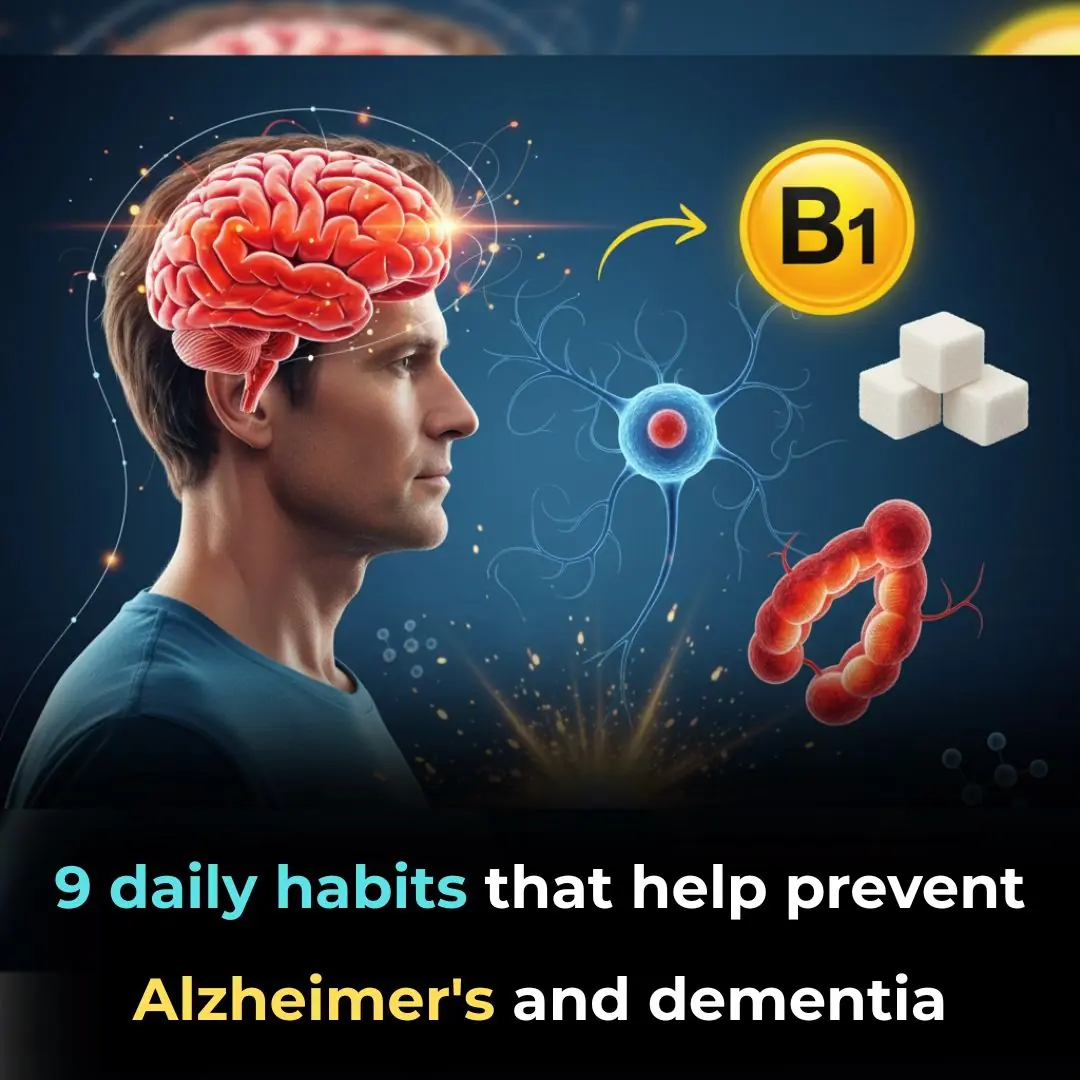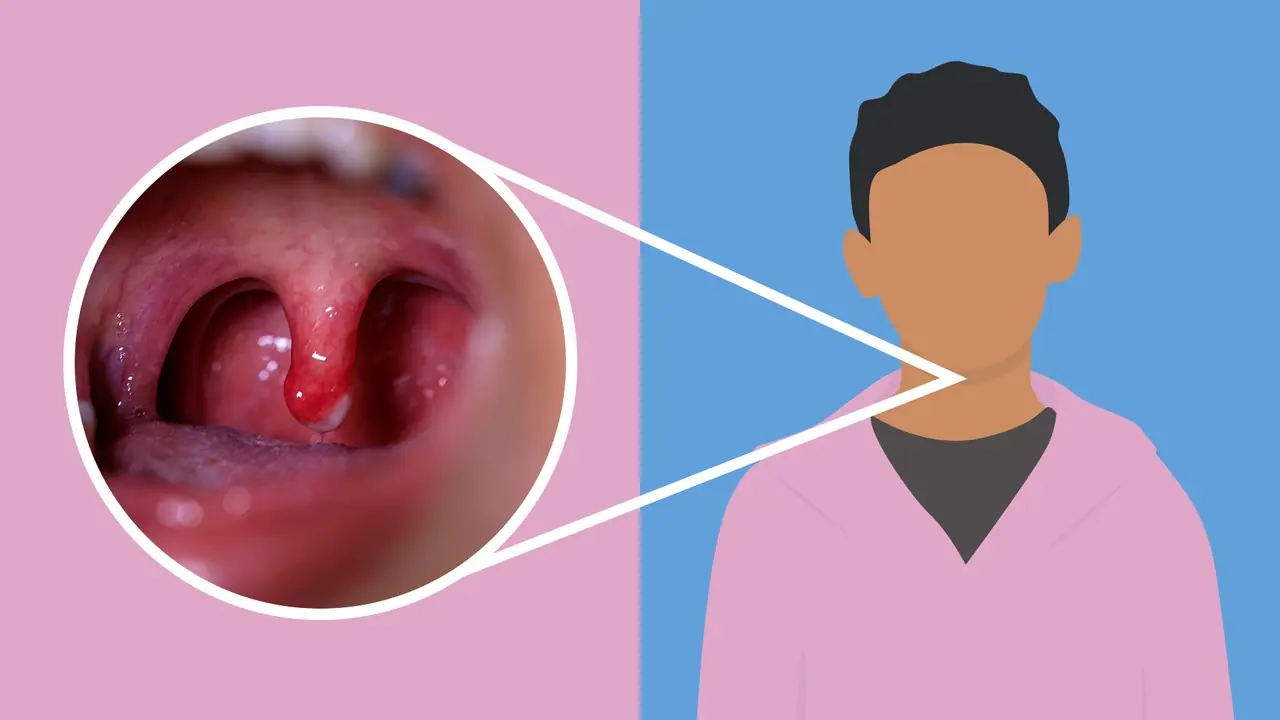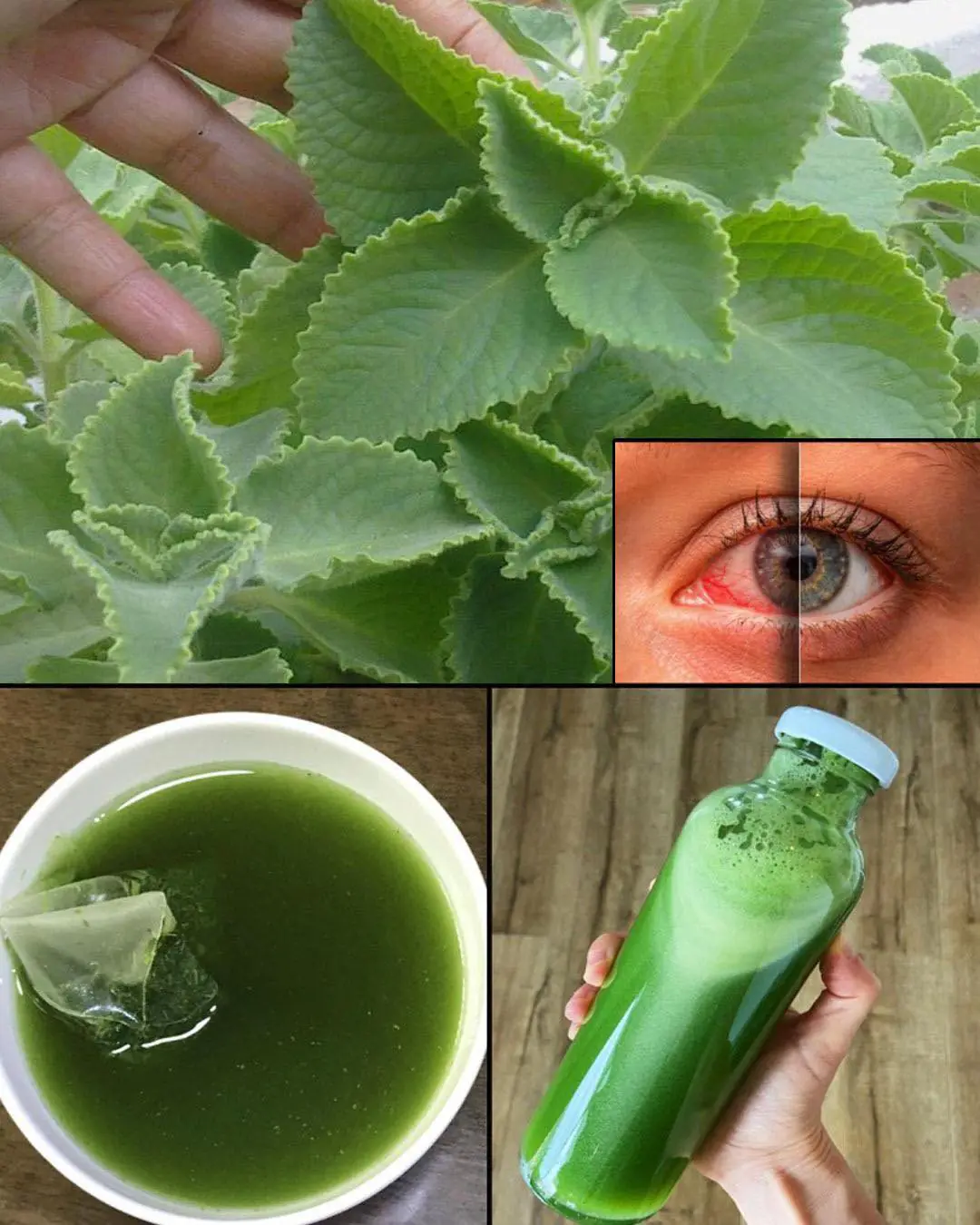
#1 best way to reverse & slow dementia

Dementia is a condition that many people fear as they age—a shadow that looms over the future. Often misunderstood, it’s not a single disease but a broad term used to describe a range of symptoms related to cognitive decline. For many, the idea of dementia feels overwhelming or hopeless.
But here’s the empowering truth: dementia is not always inevitable, and in many cases, its progression can be slowed—sometimes even reversed—with the right interventions. In this article, we’ll explore the practical, science-backed strategies you can begin using today to protect your brain, enhance memory, and support long-term cognitive health.
🔑 Key Takeaways
-
Dementia is influenced by lifestyle as much—if not more—than genetics.
-
Chronic inflammation in the brain, or neuroinflammation, plays a major role in cognitive decline.
-
Regular physical activity and lifelong learning are essential to brain vitality.
-
Nutrition rich in healthy fats and low in sugar supports brain resilience.
-
Early action can significantly slow or even partially reverse the effects of cognitive decline.
🧠 Understanding Dementia
Dementia is not just about forgetting where you put your keys. It refers to a serious decline in cognitive function that interferes with daily life. This includes memory loss, confusion, trouble communicating, personality changes, and reduced ability to focus or make decisions.
The Most Common Forms of Dementia Include:
-
Alzheimer’s disease (the most prevalent type)
-
Vascular dementia (caused by reduced blood flow to the brain)
-
Lewy body dementia (marked by abnormal protein deposits in the brain)
-
Frontotemporal dementia (affecting personality and language first)
Contrary to popular belief, dementia is not a normal part of aging, nor is it solely determined by your genes. While some rare forms have a strong genetic link, most cases are influenced by modifiable lifestyle factors—a hopeful message for anyone looking to take control of their cognitive future.
🔍 What Really Causes Dementia?
At its core, dementia results from damage to brain cells and the loss of connections between them. This leads to impaired communication between brain regions and loss of function.
Common Causes and Contributors Include:
-
Chronic inflammation in the brain (neuroinflammation)
-
Oxidative stress (an imbalance of free radicals damaging brain cells)
-
Impaired blood flow
-
Toxins (e.g., heavy metals, mold exposure, or alcohol overuse)
-
Nutritional deficiencies (especially B vitamins, omega-3s, and antioxidants)
-
Metabolic issues like insulin resistance or unmanaged diabetes
Understanding these causes helps shift the conversation from fear to actionable prevention and treatment.
⚠️ Key Risk Factors for Dementia
Research continues to uncover risk factors that, once identified, offer opportunities for prevention. Here are some of the top contributors:
-
Low education or lifelong learning
-
Hearing loss (often untreated)
-
Traumatic brain injury (TBI)
-
Hypertension (high blood pressure)
-
Obesity or poor metabolic health
-
Smoking and alcohol abuse
-
Chronic depression and anxiety
-
Social isolation or loneliness
-
Physical inactivity (sedentary lifestyle)
-
Diabetes and insulin resistance
-
Air pollution and environmental toxins
-
Poor sleep quality
Each of these factors can be modified to some degree. Addressing even a few can dramatically reduce your risk of cognitive decline.
🔬 The Role of Neuroinflammation in Dementia
Neuroinflammation is your brain's natural response to injury, infection, or stress. But when this inflammation becomes chronic, it begins to damage brain cells and speed up the development of dementia.
Here’s what happens:
-
The brain activates immune cells called microglia in response to a threat (e.g., injury, toxins, poor blood sugar control).
-
If the source of the problem isn't resolved, microglia stay active for too long.
-
This leads to ongoing inflammation, creating a toxic environment in the brain that damages neurons and weakens communication between them.
The good news? Lifestyle changes can calm inflammation and create a healthier brain environment.
🛠️ Strategies to Support Brain Health and Prevent Dementia
Taking care of your brain doesn’t require expensive treatments. Many of the most effective interventions are simple, natural, and accessible to everyone.
1. Exercise Your Body to Sharpen Your Mind
Physical activity stimulates blood flow to the brain, promotes the release of growth factors, and helps new neurons form—a process known as neurogenesis.
✅ Try this: Aim for 150 minutes per week of moderate aerobic exercise, like brisk walking, swimming, or cycling. Add in strength training twice a week for even greater benefits.
2. Eat for Cognitive Clarity
Your brain is highly sensitive to what you eat. A nutrient-dense, anti-inflammatory diet can nourish your neurons and protect them from damage.
✅ Focus on:
-
Healthy fats (omega-3s from fatty fish, chia seeds, walnuts)
-
Antioxidant-rich foods (berries, leafy greens, turmeric)
-
Whole foods (minimally processed meals rich in fiber and micronutrients)
-
Low sugar intake (excess sugar leads to insulin resistance and brain fog)
Avoid ultra-processed foods, excessive alcohol, and trans fats.
3. Challenge Your Brain
Just like your muscles, your brain needs regular workouts. Engaging in cognitively demanding tasks helps build cognitive reserve, which protects against decline.
✅ Try:
-
Learning a new language
-
Playing chess or strategy games
-
Learning a musical instrument
-
Taking online classes or attending lectures
-
Journaling or writing creatively
4. Stay Socially Engaged
Humans are wired for connection. Social interaction has been shown to lower the risk of cognitive decline and mental health disorders.
✅ Ideas to stay connected:
-
Join a local club or community group
-
Volunteer regularly
-
Schedule weekly calls or meet-ups with loved ones
-
Attend workshops, meetups, or faith-based gatherings
5. Manage Stress Proactively
Chronic stress increases cortisol levels, which over time can shrink the hippocampus—the brain’s memory center.
✅ Tools that help:
-
Daily mindfulness or meditation (even 10 minutes can help)
-
Yoga or tai chi
-
Nature walks or forest bathing
-
Deep breathing techniques (like box breathing or 4-7-8 breathing)
6. Prioritize Quality Sleep
Sleep is when your brain performs crucial repair and cleansing tasks, including removing toxic proteins linked to Alzheimer’s.
✅ Tips for better sleep:
-
Stick to a consistent sleep schedule
-
Avoid screens 1–2 hours before bed
-
Create a cool, dark, quiet sleep environment
-
Avoid caffeine and alcohol in the evening
Aim for 7–9 hours of uninterrupted sleep per night.
🧪 The Power of Early Detection and Intervention
The earlier you begin addressing potential risk factors, the better your brain's chances of recovery and resilience. In some cases of mild cognitive impairment (MCI), studies have shown that brain function can improve with focused lifestyle changes.
If you notice early signs such as forgetfulness, trouble finding words, or mood shifts, don’t dismiss them. Talk to a healthcare provider, especially one familiar with functional or integrative medicine approaches to brain health.
✅ Final Thoughts: Your Brain, Your Future
Dementia does not have to be a guaranteed part of aging. While there is no one-size-fits-all cure, the evidence is clear: your daily choices can significantly influence your brain’s trajectory.
Whether you're in your 40s looking to stay sharp or noticing early signs of memory loss, it’s never too early—or too late—to act. Even small changes made consistently can help preserve brain function and improve quality of life.
Start today.
Move your body.
Nourish your brain.
Learn something new.
Connect with others.
And most importantly—believe in your ability to make a difference.
Your brain’s future is still being written.
News in the same category


Medicinal Health Benefits of Turmeric, Curcumin and Turmeric Tea Based on Science

The best way to lower blood pressure fast!

9 Habits You Need To Adopt Today To Stop Alzheimer’s or Dementia Before It Starts

Get Rid of Throat Mucus Faster With These Highly Effective Natural Remedies

10 Symptoms of Kidney Disease

EAR PAIN EXPLAINED Causes, Relief & When to See a Doctor

Men Over 60: Chew This for 60 Seconds to Boost Energy & Confidence

How to Lose Weight with Cucumber! Simple & Quick Morning Recipe

5 Deficiencies Almost Everyone Has (But Doesn’t Know About)

Scientifically Proven Health Benefits of Papaya (Fruit) and Uses for the Seeds

Scientifically Proven Health Benefits of Extra Virgin Olive Oil

Sharp Pain in Ear: Causes, Treatments, and When to See a Doctor

15 Nighttime Signs of Diabetes You Shouldn’t Ignore

Side effect of stopping omeprazole as NHS issues warning over use

Proven Health Benefits of Banana and Banana Peel Based on Science

Worrying health reality of what it means if you leave skids in the toilet

Blood Clot in Leg: Signs and Symptoms You Shouldn’t Ignore (Pictures Included)

4 diabetes mistakes you MUST avoid + 3 Secrets to naturally regenerate your pancreas!
News Post

Aloe Vera and Cinnamon Remedy: Natural Benefits for Eye Health, Immunity, and Healing

12 Powerful Benefits of Moringa Seeds

Goldenberries (Physalis peruviana): A Nutrient-Packed Powerhouse for Health and Vision

Oregano: The Golden Herb for Eye Health

Some of the Benefits of Castor Leaves and the Seed

10 Benefits and uses of purslane

Chanca Piedra (Stonebreaker): Benefits and Uses

Do you need to unplug the rice cooker after the rice is cooked: The surprising answer November 27, 2024

7 Benefits Of Papaya Seeds & How To Consume Them Correctly

Bougainvillea likes to 'eat' this the most, bury it at the base once and the flowers will bloom all over the branches

The elders say: "If you put these 3 things on top of the refrigerator, no matter how much wealth you have, it will all be gone." What are these 3 things?

Can rice left in a rice cooker overnight be eaten? Many people are surprised to know the answer.

After boiling the chicken, do not take it out immediately onto a plate. Do one more thing to make sure the chicken is crispy, the meat is firm, and the skin does not fall apart when cut.

Cut this fruit into small pieces and put it in the pot to boil the duck: The bad smell is gone, the meat is fragrant, soft and flavorful.

Warts on Hands: Causes and Effective Natural Treatments

Medicinal Health Benefits of Turmeric, Curcumin and Turmeric Tea Based on Science

4 ways to preserve green onions for a whole month without spoiling, fresh as new

The best way to lower blood pressure fast!

9 Habits You Need To Adopt Today To Stop Alzheimer’s or Dementia Before It Starts
